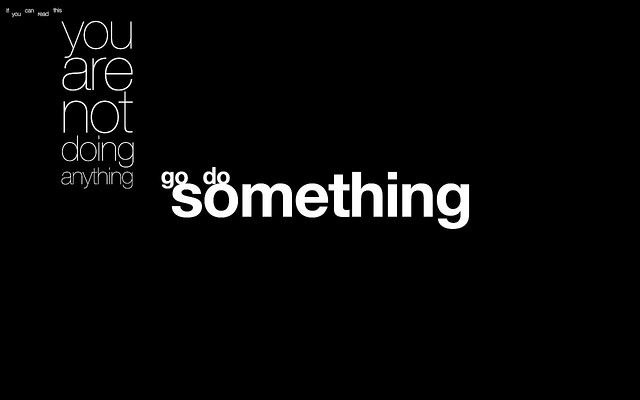Some people call me an OG of wedding business marketing, but deep down I'm just another person wearing PJ bottoms on Zoom. I swear a lot, I share my struggles, and I don't pretend to be better than anyone else.
a marketing and business nerd who fell in love with the wedding industry.
Hi, I’m Heidi
Do You Really Know What You're Doing All Day? [Day 4: 30 DBWB]
[This post is an excerpt from the 30 Days To A Better Wedding Business Workbook]
Many people are busy for the sake of being busy but aren’t actually getting anything done. Let me ask you this: Do you really know what you’re doing all day?
It’s so easy to go into autopilot mode and ignore how we are spending our time, but I promise if you write down how you spend your time for just a week you’ll find that you’re actually wasting a lot of it. The successful people you look up to are very strategic about how they spend their time and there are some easy things that you can do to be more aware about how you spend your time and stop spending it on things that don’t matter.
Batching
Batching is simply grouping similar tasks together so that you can use momentum to get through all of them. I do this with writing and it makes it a lot easier. If I had to come up with an article the day before it was supposed to be posted, I would struggle. Instead, I set aside a few hours to write and schedule all of my posts for the month and then I don’t have to worry about it for an entire month. Often times the hardest part of a task is getting started and batching allows you to avoid that hurdle. Batching can also be applied to things like client meetings, phone calls, accounting, etc. Some people go a step further and set specific days for specific tasks in their business to maximise their productivity.
Plan your day
Every weekend I put my batching sessions into Google Calendar along with other specific things I want to get done during the next week. Making an appointment with yourself makes it much more likely that you will actually do the task and Google Calendar reminds me which is very helpful for staying focused. That pop-up that reminds you about the appointment you made with yourself is often just what you need to keep you on track.
Make use of free tools
Most things that are done manually can be done faster by using tools. I wrote a post about free online tools that I use in my business that make my life easier. I use these tools to automate posting to social networks like Twitter and to monitor engagement. Of course you can’t automate interaction and I spend time everyday interacting with people on Twitter, but by reducing the amount of times I have to stop what I’m doing to tweet, I reduce my chances of being distracted from what I’m doing. Another tool I use to automate small tasks is IFTTT (If This, Then That).
Outsource the things you hate and put off
If you hate doing your bookkeeping and put it off until it becomes a massive burden, just delegate it to someone who enjoys it. Instead of wasting your time doing this task, you can delegate it to a bookkeeper for a very reasonable cost. This frees up your time to generate more business which is what really matters. People look at the most successful people in the world and see that they don’t spend their time doing tasks they hate but they assume this is a perk of being successful. In actuality, this is how you become successful. By building a team and training them properly you can essentially clone yourself. There are some things that only you can do, but most things can be done by someone who is particularly good at that specific task. You don’t need to and can’t do everything yourself. Here is a great guide to hiring a virtual team put together by Anne Samoilov.
Finding your best time of day
Are you working a standard 8 hour work day just for the sake of working? I get most of my work done with a few hours of focused productivity every day and I do this by working at times that suit my natural rhythms. If you’re a night person and think best in the evening, why are you forcing yourself to struggle through things at 9am? I had a rough idea of when I work best, but I spent a week heatmapping my productivity and found that there was a definite pattern. I can accomplish more between 4pm-7pm than I can between 9am-3pm. It takes me a lot longer to do things if I do them outside of my most productive times so I structure my day around those times. Most of us aren’t working on an hourly rate, but many of us work as if we do.
When I hear people say “I don’t have time ” I know that it really translates to “I don’t want to”, “I don’t know how” or “I don’t know how to make the time”. I’ve just shared with you how to make the time so that’s one excuse you can’t use anymore. If you pay closer attention to how you’re spending your time, even just for a week, you’ll find all sorts of time that you didn’t know you had. I discussed this with Jessica Williams in an interview we did about how to make time to grow your business while working a day job.
Leave a Reply Cancel reply
Based in San Diego, California / working with wedding businesses worldwide
